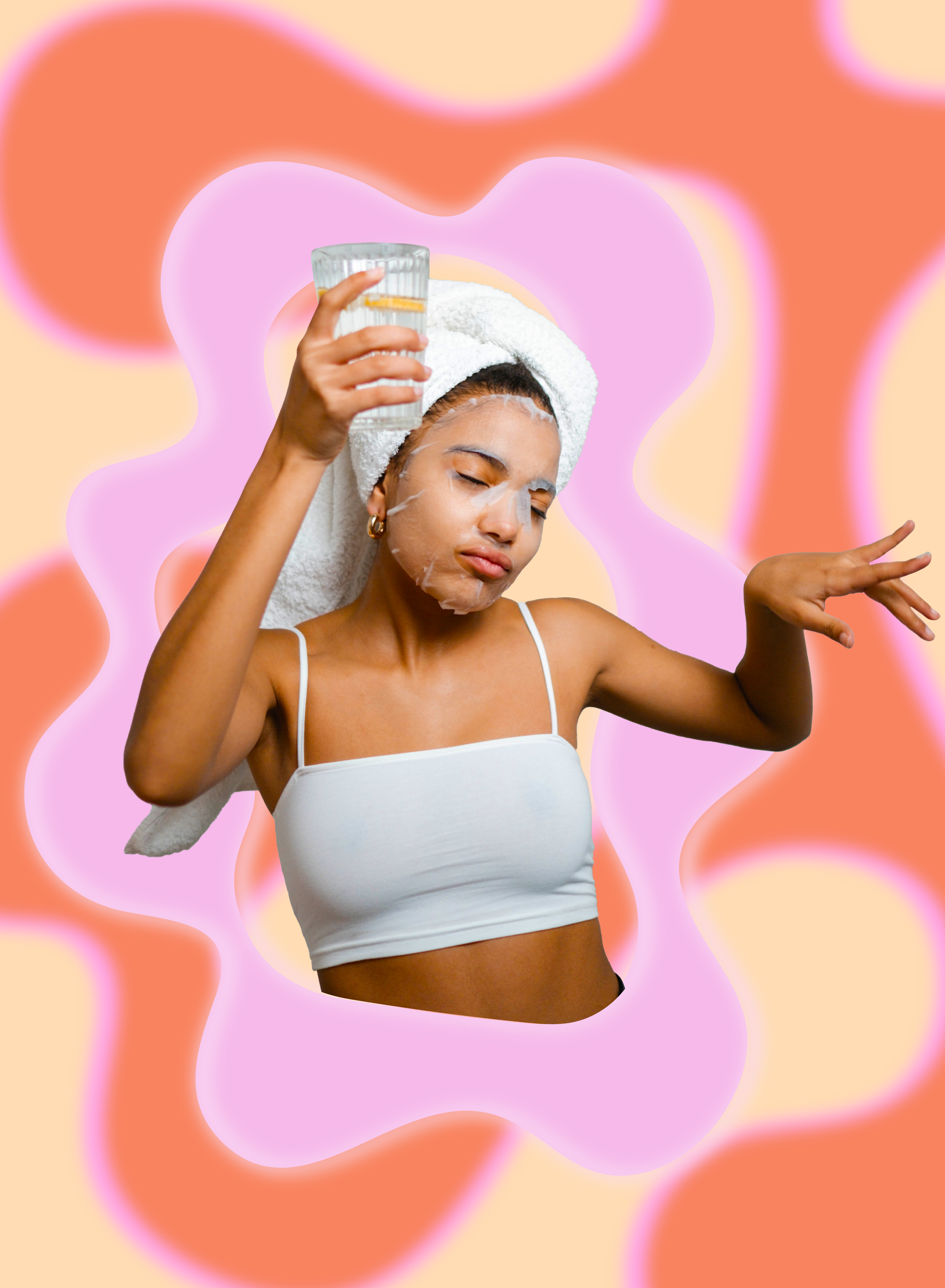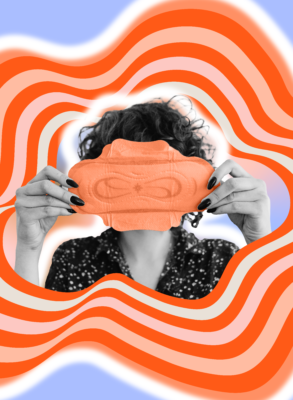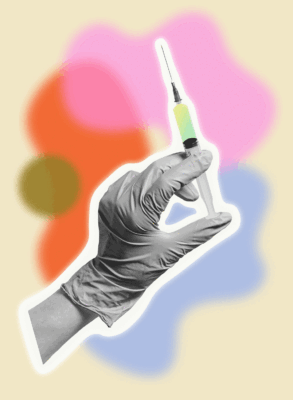Ah, PMS – that outta-control rollercoaster ride of emotions, cramps and *ughs* that hit a Betty every month. It’s unavoidable, but it doesn’t have to be unbearable. Let’s explore the techniques and lifestyle modifications you can integrate to bring you relief. And if those don’t do the trick, we’ll also delve into medical interventions that can help you conquer PMS once and for all.
Work Up a Sweat
Exercise does more than help a Betty maintain a healthy body; she can work wonders on those PMS symptoms. Sweaty pursuits reap feel-good endorphins and by making movement a consistent practice, you can help combat feelings of sadness and fatigue that often accompany PMS even when you’re not on your period! So lace up those sneakers, hit the gym, go for a jog, or find an activity that gets your blood pumping. Not only will it boost your mood, but it can also contribute to an overall sense of well-being.
Find a Way to Decompress
PMS can intensify feelings of stress and panic, so it’s crucial to find effective ways to relax and decompress. Consider incorporating relaxation techniques into your routine, such as yoga, meditation, or breathing exercises to support your mental health + reduce stress levels. Take a moment to create a peaceful oasis amidst the chaos and give yourself the self-care you deserve.
Go Easy on the Caffeine, Salt, and Alcohol
We all know the siren song – pizza, chocolate, pasta, wine – all the sweet ‘n’ salty cravings are calling your name, and that PMS fatigue has you downing an extra cup of coffee. But you might want to consider reducing your intake during your cycle.
Here’s why: caffeine, salt, and alcohol deplete your body of what it actually needs, and in turn, amplify the bloating, irritability, and fatigue you’re already experiencing. Nourish your body by opting for herbal teas or decaf options to dodge a caffeine crash. Avoid the extra salt and alcohol temptation by eating out less and preparing your own meals. Small adjustments can help smash some of those PMS discomforts!
Pop an NSAID
For the miserable migraines and cramps that won’t quit, look to nonsteroidal anti-inflammatory drugs (NSAIDs) to come to the rescue. Common over-the-counter NSAIDs like ibuprofen (Advil or Motrin) or naproxen (Aleve) can provide temporary relief from cramps, muscle aches, and headaches associated with PMS. Before you pop a pill, make sure to get the okay from your healthcare provider first to ensure these meds are safe and appropriate for you.
When Lifestyle Modifications Aren’t Enough
While these self-care measures can work wonders for a PMS-ing Betty, it’s essential to acknowledge that not everyone will find complete relief through lifestyle changes alone. If your PMS symptoms persist or severely impact your quality of life, it may be time to explore medical interventions. Don’t suffer in silence when help is available.
SSRIs
Selective Serotonin Reuptake Inhibitors (SSRIs) are a class of medications typically used to treat depression and anxiety. However, they can also be effective in managing the symptoms of premenstrual dysphoric disorder (PMDD). SSRIs help regulate hormone-related mood swings and increase levels of mood-stabilizing neurotransmitters in the brain. If you suspect you may have PMDD, consult with your healthcare provider to discuss whether SSRIs might be a suitable option for you.
oral contraceptive pills
Birth control pills are commonly prescribed to regulate hormone fluctuations that contribute to both PMS and PMDD. These pills can help alleviate symptoms by maintaining a more stable hormonal balance throughout your cycle. Working closely with your healthcare provider, you can find a birth control method that suits your specific symptoms, body, and lifestyle.
The symptoms that tailgate your period can feel massive, but implementing self-care and measures and seeking care when necessary can make these unavoidable monthly burdens more manageable, Betties.







Join the conversation